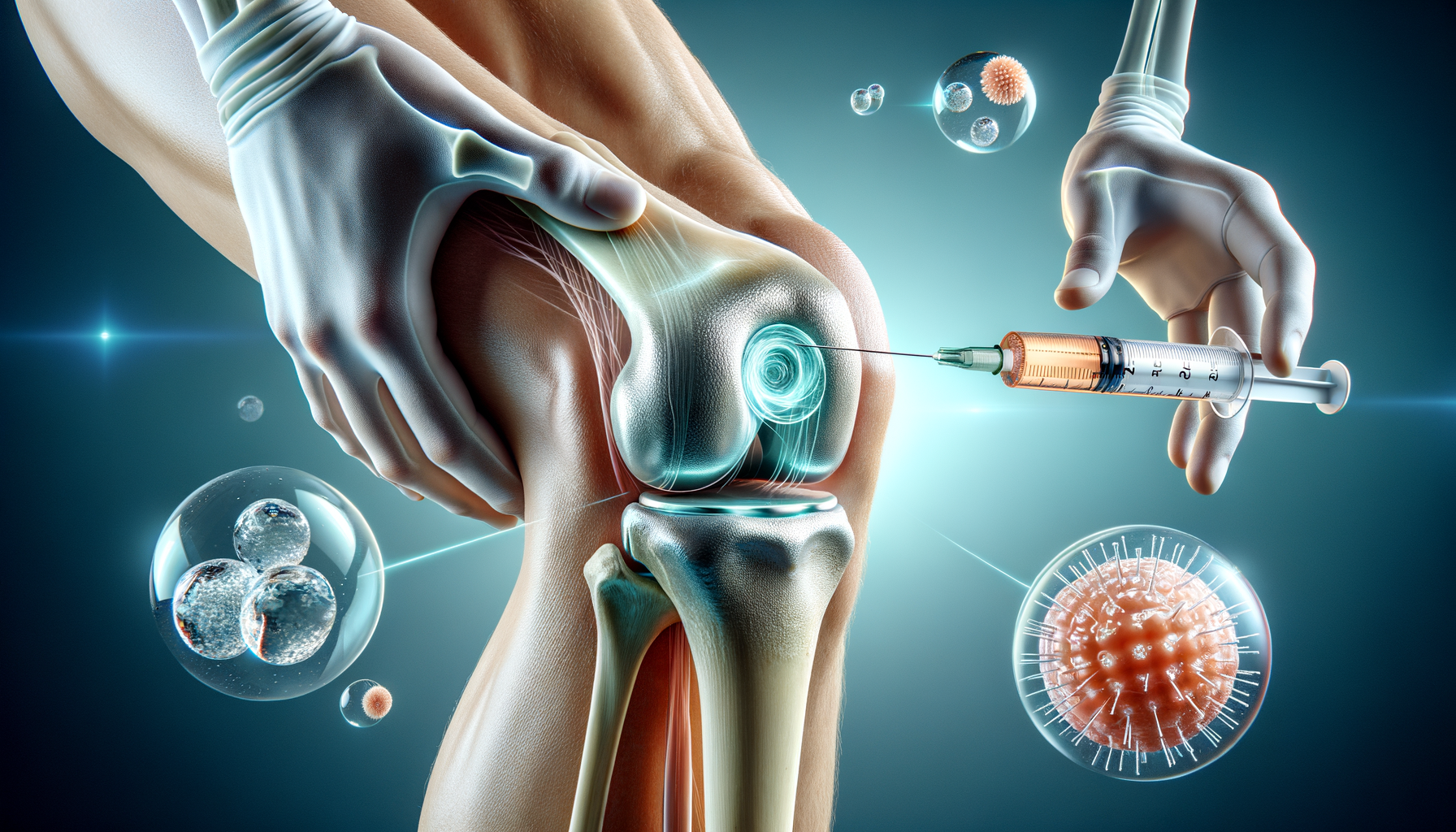
What You Need to Know About Knee Gel Injections in Ireland
Understanding Knee Gel Injections
Knee gel injections, also known as viscosupplementation, have emerged as a noteworthy treatment for individuals suffering from osteoarthritis of the knee. This procedure involves injecting a gel-like substance, typically hyaluronic acid, directly into the knee joint. Hyaluronic acid is naturally present in the synovial fluid of the joints and plays a crucial role in lubricating and cushioning the knee. Over time, osteoarthritis can degrade this fluid, leading to pain and stiffness. By supplementing the knee with hyaluronic acid, the injections aim to restore some of the lost lubrication and reduce the symptoms associated with osteoarthritis.
One of the appealing aspects of knee gel injections is their minimally invasive nature. Unlike surgical options, this procedure can often be completed in a short office visit, typically lasting around 20 minutes. For many patients, this quick turnaround is a significant advantage, allowing them to return to their daily activities with minimal downtime. Moreover, the risk of complications is relatively low compared to more invasive surgical interventions.
While knee gel injections may not be a cure for osteoarthritis, they can provide significant symptom relief for many patients. This treatment is particularly beneficial for individuals who have not found sufficient relief from other non-surgical treatments such as physical therapy or oral medications. However, it is essential to consult with a healthcare provider to determine if this option is appropriate, as individual responses to the injections can vary.
Benefits and Considerations of Knee Gel Injections
The primary benefit of knee gel injections is their potential to alleviate pain and improve joint function. Many patients report a noticeable reduction in pain and an increase in mobility following the treatment. These improvements can enhance the quality of life, allowing individuals to engage in activities they may have previously avoided due to discomfort.
Another advantage is the longevity of relief that knee gel injections can offer. While the effects are not permanent, many patients experience relief lasting from several months to over a year, depending on individual factors. This extended period of relief can be particularly beneficial for those looking to delay or avoid knee replacement surgery.
However, there are considerations to keep in mind. The effectiveness of knee gel injections can vary, and not all patients will experience the same degree of relief. Factors such as the severity of osteoarthritis, the specific type of hyaluronic acid used, and the overall health of the patient can influence outcomes. Additionally, while the risk of side effects is low, some individuals may experience temporary pain or swelling at the injection site.
It’s also important to consider the cost of treatment, as knee gel injections may not be covered by all insurance plans. Patients should discuss the financial aspects with their healthcare provider and insurance company to understand any out-of-pocket expenses they may incur.
The Growing Popularity of Knee Gel Injections in Ireland
In recent years, knee gel injections have gained popularity in Ireland as a viable treatment option for managing knee osteoarthritis. The increase in interest can be attributed to several factors, including the aging population and the rising prevalence of osteoarthritis. As people live longer and remain active well into their later years, the demand for effective, non-surgical treatments has grown.
Healthcare providers in Ireland are increasingly recommending knee gel injections as part of a comprehensive treatment plan for osteoarthritis. This approach often includes other interventions such as weight management, physical therapy, and lifestyle modifications. By combining these strategies, patients may experience more significant improvements in their symptoms and overall knee health.
The accessibility of knee gel injections in Ireland has also contributed to their popularity. Many clinics and healthcare facilities offer this treatment, making it relatively easy for patients to access. Furthermore, advancements in medical technology and techniques have improved the safety and efficacy of the procedure, leading to greater patient satisfaction.
Overall, knee gel injections represent a promising option for individuals in Ireland seeking relief from knee osteoarthritis. As awareness of the benefits and availability of this treatment continues to grow, it is likely that more patients will consider it as a viable alternative to more invasive procedures.


